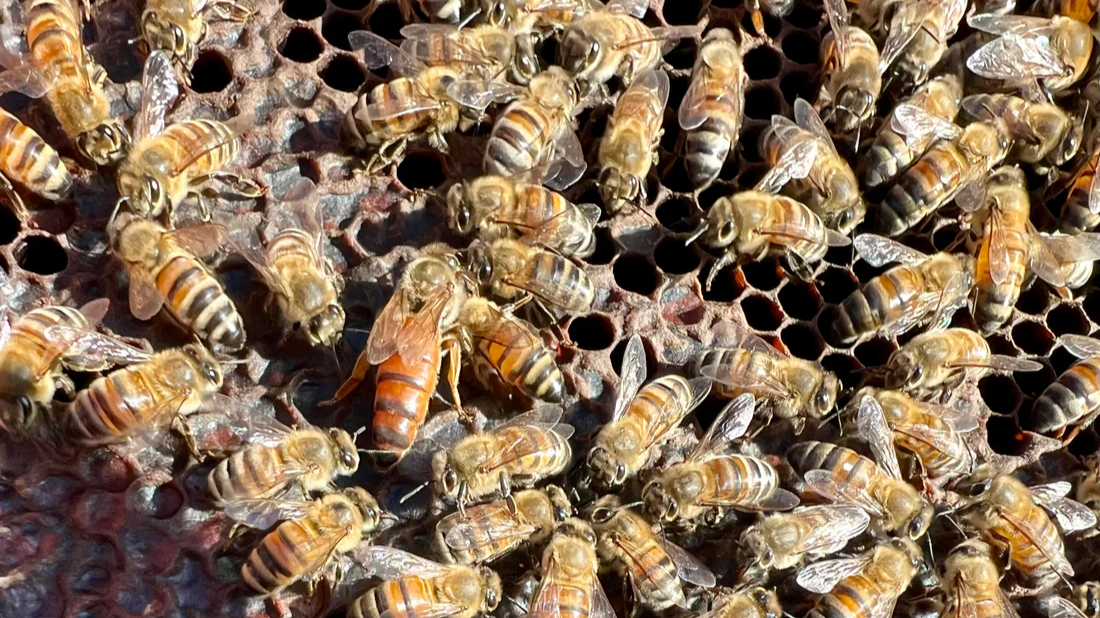Altruistic Egoism
Research by psychologist Sonja Lyubomirsky suggests that approximately 50% of our happiness is determined by unalterable factors like our genetic predisposition—our so-called “set point.” We have limited control over our circumstances, environment, or childhood emotional experiences. We can, however, control our attitude regarding these dynamics. According to Lyubomirsky, of the conditions we can control, three attitudes appear most impactful in increasing happiness: gratitude, the ability to reframe situations more positively, and our choice to be compassionate, considerate, and kind.
While excessive self-centered thinking is a source of suffering, a compassionate concern for others’ well-being provides the foundation of happiness. We need to care for ourselves without being selfish. If we don’t care for ourselves, we cannot thrive; therefore, we must practice wise selfishness. Foolish selflessness means only thinking about helping ourselves while disregarding, bullying, or exploiting others. Taking care of ourselves while at the same time assisting others ultimately leads to a productive, joyful life, which can be called altruistic egoism.



